You are here
- Home
- Research
- Forensic Cognition
- Research Projects
Research Projects
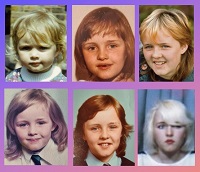
The OU-Brock Face Database
This project aims to create a new face database of photographs of children’s faces that can be used by researchers to investigate how faces change across childhood and into adulthood. The faces will consist of several naturalistic images of the same identities, at different ages to demonstrate within person variation under different conditions as well as at different ages. The final goal is to create a new face processing test the OU-Brock Face recognition test.
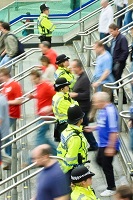
Citizen Forensics
This is a £1.1M EPSRC funded project, supporting an multidisciplinary team aiming to develop a socio-technical system aimed at promoting collaboration between citizens and the police through the exchange of data gathered using a variety of digital technologies, and will support the investigation of crimes and enhance public safety.
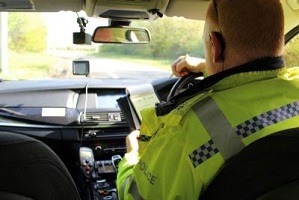
Mobile phone use while driving: enforcement and education
This project aims to identify what education was previously available to drivers in relation to mobile phone offences (prior to 2017), and if police forces feel some kind of education may be beneficial. Project outputs will inform the creation of educational resources which will be freely available to the general public.
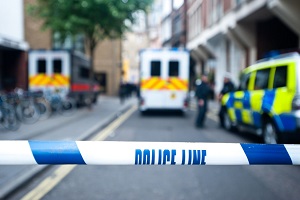
Health wellbeing and welfare of First Responders
This pilot project, undertaken in collaboration with Kings College London and supported by The Royal Foundation, is carrying out structured and landscape reviews of research and practice pertaining to the mental health, well-being and welfare of First Responders and their families.

Exploring voluntary sector provision of health/wellbeing support to police
This pilot project aims to gain a broad understanding of the role of the voluntary sector in providing holistic wellbeing support to police. It will explore types of wellbeing services, charity missions, factors affecting operations, the needs of services users, outcomes, and the sector in general via semi-structured interviews and a research workshop. The research will lead to production of a report and short videos for use in awareness/fund raising, an academic paper, and if findings indicate a need for further research, a proposal for a large-scale study in 2020-2021.
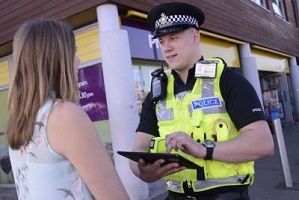
Community generated victim satisfaction surveys ('User Insight')
This project aims to identify what education was previously available to drivers in relation to mobile phone offences (prior to 2017), and if police forces feel some kind of education may be beneficial. Project outputs will inform the creation of educational resources which will be freely available to the general public.
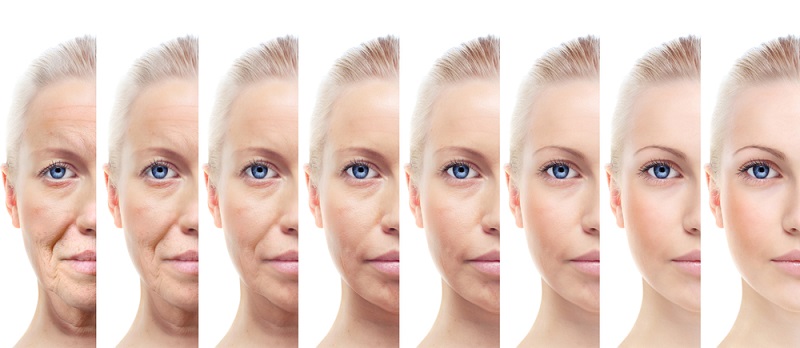
Recognition of the Ageing Face
Faces change in their appearance over time both in terms of their shape and texture. The central aim of this ESRC-funded project is therefore to determine how we recognise faces across substantial changes in appearance, which has implications in security and forensic settings.
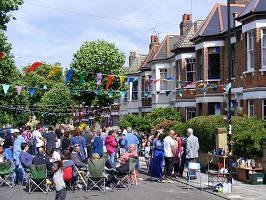
Community perception of threat
This project will assess levels of fear and resilience in communities in the context of terrorist threats and data will be analysed to attempt to provide evidence-based recommendations for law enforcement. It builds on the ground-breaking work done by several police forces on developing community cohesion and tackling hate and will involve the Metropolitan Police Service. (image courtesy of "Hackney Street Party" by sludgegulper is licensed under CC BY-SA 2.0 )

The influence of image properties on eyewitness identification
This project examines whether small differences in the image properties of lineups can influence eyewitness identification. The aim is to investigate whether colour differences to the backgrounds of lineups and other image inconsistencies between lineups members might make identification more or less error prone. To read about the latest study please visit the article in the The Conversation.
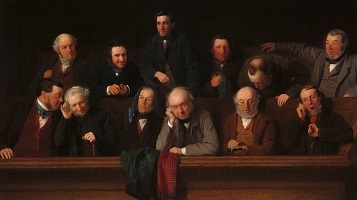
Pre-trial biases on jurors
This project is investigating the effects that pre-trial biases have on juror perceptions of guilt in both the Anglo-American two-verdict system and the Scottish three-verdict system. Scotland is a unique legal system and is the only country in the world to use, in addition to the guilty and not guilty verdicts, the not proven verdict. (image -John Morgan [Public domain])
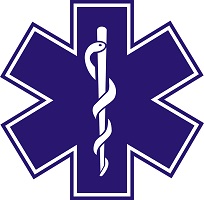
The decision-making strategies of paramedics
Conducted in collaboration with the Scottish Ambulance Service, this project is investigating the decision-making strategies of paramedics.